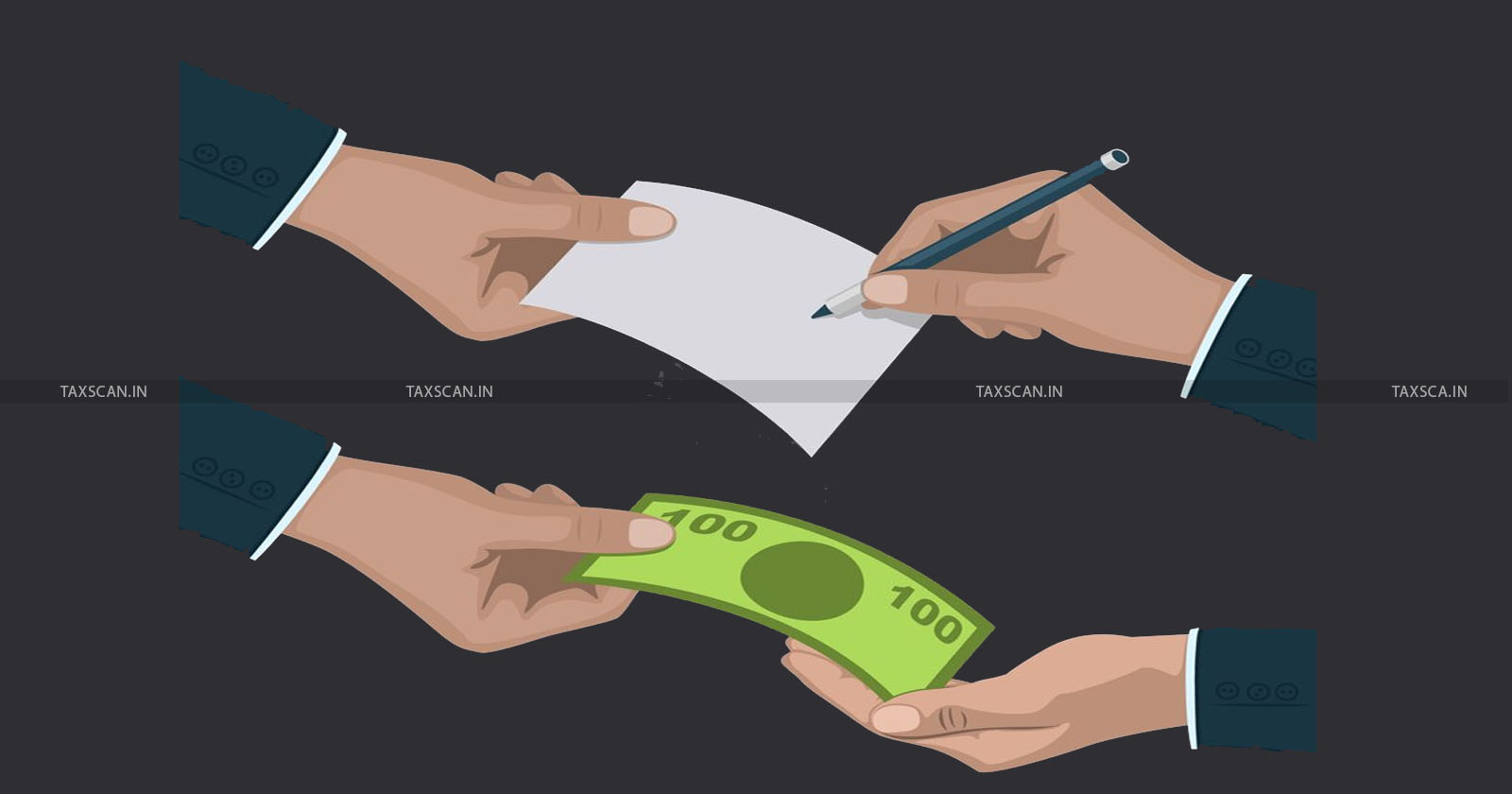Budget 2025 Proposes Power to Impose Certain Penalties from Joint Commissioner to Assessing Officer
Budget 2025 shifts the power to impose income tax penalties from the Joint Commissioner to the Assessing Officer under Sections 271C, 271CA, 271D, 271DA, 271DB, 271E

Joint Commissioner – Penalties – Budget 2025 – taxscan
Joint Commissioner – Penalties – Budget 2025 – taxscan
The Union Budget 2025 has introduced significant changes to the Income Tax Act, transferring the authority to impose certain penalties from the Joint Commissioner to the Assessing Officer. This amendment, which will take effect from April 1, 2025, aims to streamline penalty procedures and improve enforcement at the assessing officer level.
The amendments apply to several sections of the Income-tax Act, particularly those related to failure to deduct or collect tax, cash transaction violations, and digital payment compliance.
Union Budget 2025: In-Depth Analysis for Strategic Insights - Click here to know more
1. Penalty for Failure to Deduct Tax at Source (Section 271C)
- Current Provision: The Joint Commissioner imposes penalties for failure to deduct tax at source.
- Proposed Change: From April 1, 2025, the Assessing Officer will have the power to impose this penalty.
2. Penalty for Failure to Collect Tax at Source (Section 271CA)
- Current Provision: The Joint Commissioner imposes penalties on taxpayers failing to collect tax at source.
- Proposed Change: The power to impose this penalty will shift to the Assessing Officer starting April 1, 2025.
Read More: [BREAKING] No Income Tax upto Rs. 12 Lakh Income, proposes FM during Budget 2025
3. Penalty for Violations of Section 269SS (Section 271D)
- Current Provision: The penalty for failing to comply with the provisions of Section 269SS, which restricts certain types of cash transactions, is currently imposed by the Joint Commissioner.
- Proposed Change: The Assessing Officer will take over this responsibility from April 1, 2025.
Union Budget 2025: In-Depth Analysis for Strategic Insights - Click here to know more
4. Penalty for Violations of Section 269ST (Section 271DA)
- Current Provision: Section 269ST prohibits receiving payments above a certain limit in cash, and penalties are currently imposed by the Joint Commissioner.
- Proposed Change: The power to impose these penalties will be transferred to the Assessing Officer from April 1, 2025.
5. Penalty for Non-Compliance with Digital Payment Rules (Section 271DB)
- Current Provision: Businesses that fail to provide prescribed digital payment facilities under Section 269SU face penalties imposed by the Joint Commissioner.
- Proposed Change: The Assessing Officer will now handle these penalties from April 1, 2025.
Read More: Union Budget 2025: Key Highlights
6. Penalty for Failure to Comply with Cash Repayment Rules (Section 271E)
- Current Provision: Under Section 271E, penalties for failure to comply with Section 269T are currently imposed by the Joint Commissioner.
- Proposed Amendment: From April 1, 2025, Assessing Officers will have the power to impose these penalties instead.
The shift in authority will expedite the penalty process, reducing the burden on higher tax officials. Assessing Officers, who are directly responsible for taxpayer assessments, will now have more control over compliance matters. By reducing dependency on the Joint Commissioner, the government aims to speed up tax penalty proceedings and improve overall enforcement.
To Read the full text of the Order CLICK HERE
Support our journalism by subscribing to Taxscan premium. Follow us on Telegram for quick updates


